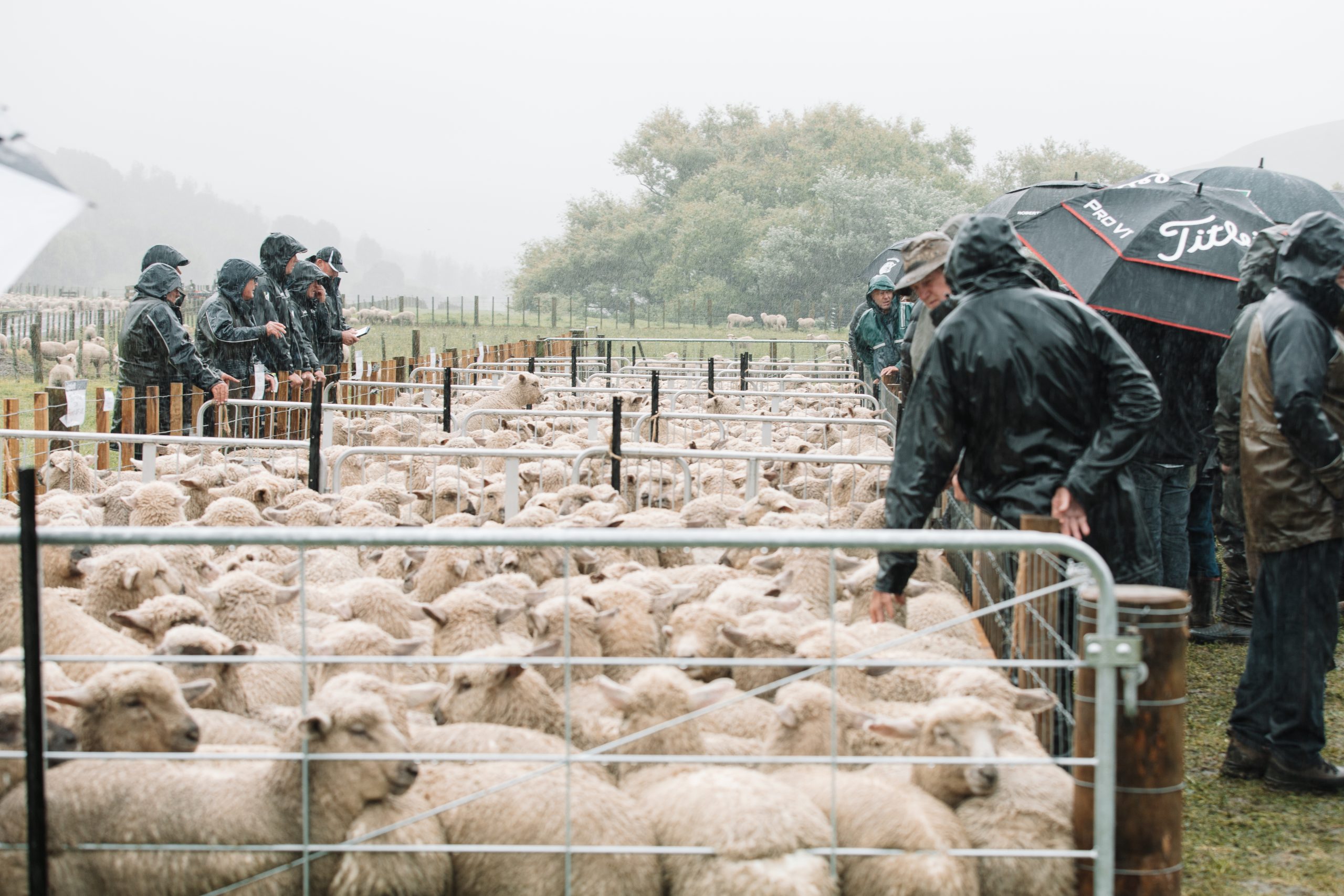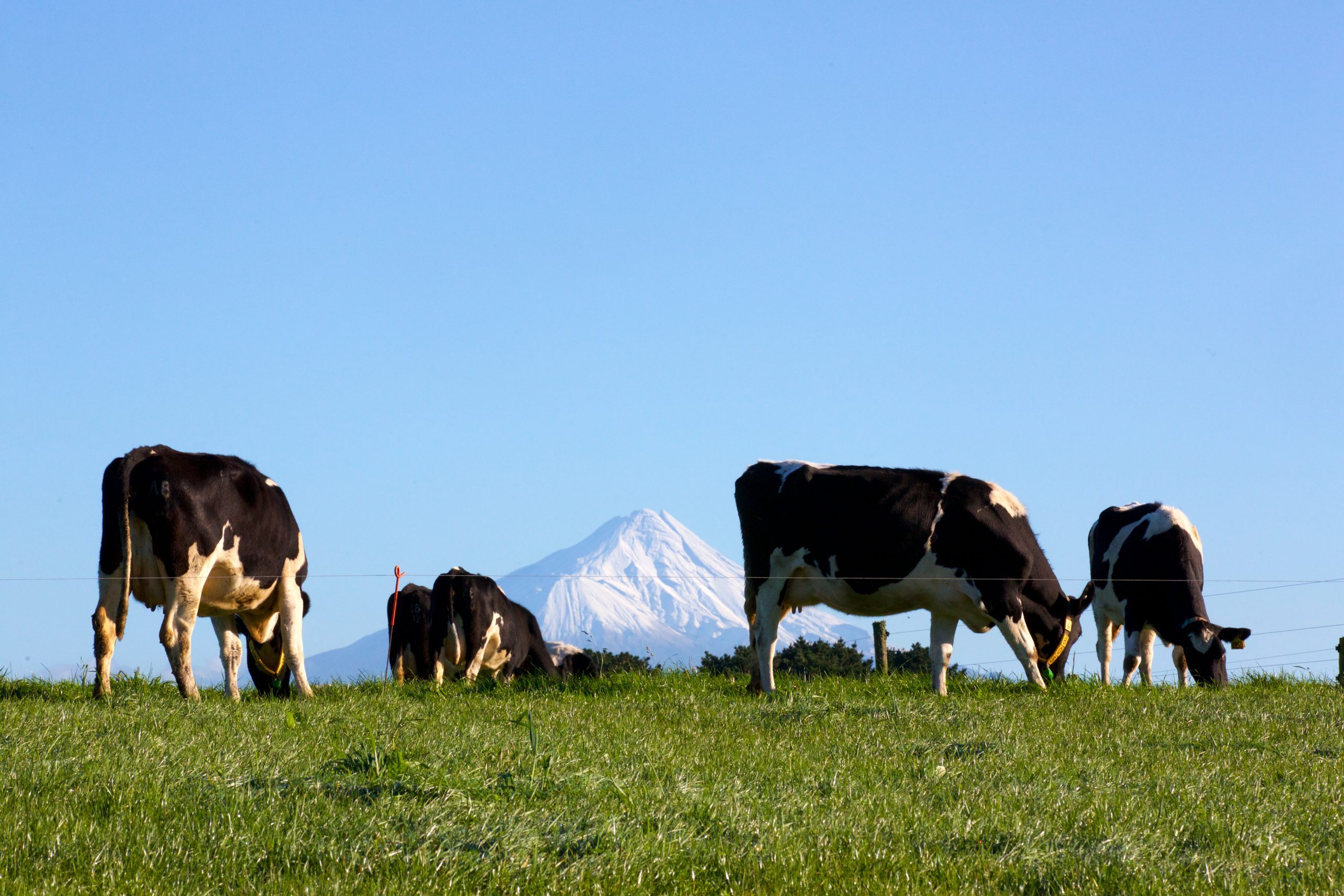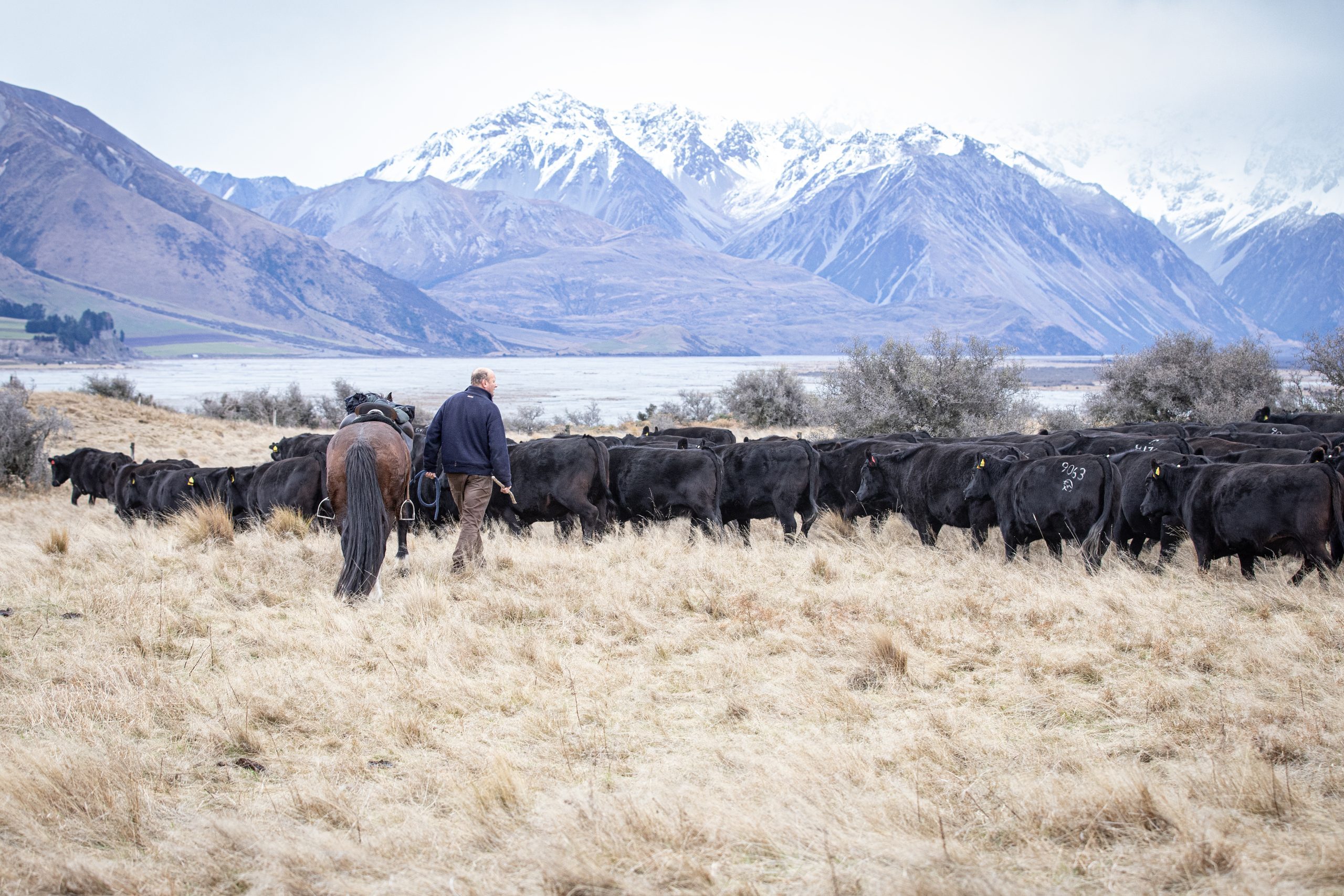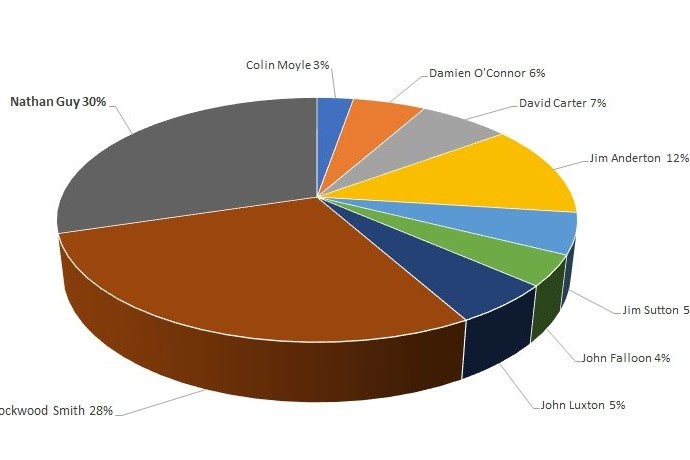Many of us in the city were envious of farming families freedom and space on farms. Quite rightly farming was deemed an essential service and could carry on.
Country-Wide magazine was initially not deemed essential, which threatened to stop delivery of the April issue and printing of Country-Wide Beef.
Government officials changed their minds and the magazines landed in mailboxes though later than usual.
One of the benefits of the lockdown in Dunedin was only a few cars on the road. Biking around the streets was safer without car doors opening and vehicles passing too close. A new danger was people walking along the footpath, encountering other walkers coming in the opposite direction and suddenly side-stepping on to the road. Racing along on an e-bike at 20km/hour there were a few close calls.
Walkers also took over the road. When rounding a corner there could be five or more people in the middle of the road.
Costs fell dramatically during lockdown. Most of our personal expenses go through the credit card and our first bill in lockdown was 30% less than the monthly average. The next month it was 55% less. No travel or frequenting cafes. Sneaking out of work for snacks, haircuts and shopping all gone. My wife made only one trip a week to the supermarket because it was such an effort lining up and waiting to get in. Later she showered and washed her clothes. It might seem excessive but that’s what we were told to do when a family member is immunocompromised.
Thanks to ultrafast broadband most of us in cities could work from home and hold virtual meetings.
Virtual meetings are good as long as the technology works and there is space. Two parents and two teenage girls all needing to join meetings isn’t easy when the broadband is limited to a few rooms. On the odd occasion the internet crashed and all hell broke loose.
Long serving Country-Wide columnist Trevor Cook found the virtual farmer-group meetings were okay if he knew the farm and the farmers. But it was a poor substitute to going on the farm if it was a new farmer and group.
We are told to have emergency supplies and a plan on what to do if an earthquake or any disaster strikes. What about if the disaster happens to you? If you suffer a serious illness or accident, will the farm business be able to carry on without you?
Could someone step in and run it tomorrow without any direction from you? In the first of a series, Country-Wide June looks at Plan Bs.
We also examine supplementary feed and the options for getting through winter. What is the cost of different feeds and some of the dangers with feeding them.
These and many more great articles await inside. So tuck in.





